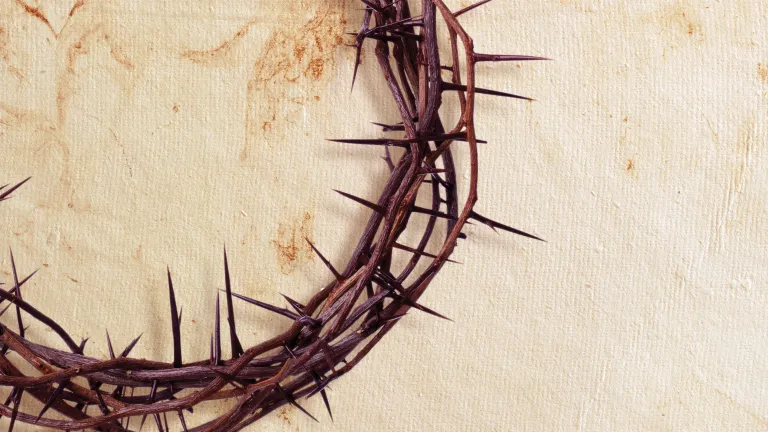Is Transubstantiation Biblical?

Transubstantiation is the teaching that the bread and the wine used by Christians in memorializing Christ's death mystically become the actual body and blood of Christ in the mouth of the person receiving them. This doctrine has no foundation in the Bible. The bread and the wine of what is actually the Christian Passover ceremony are clearly symbols of Christ's blood and body, not the literal blood or flesh.
In Matthew we read about these symbols that Jesus explained the night before his crucifixion: "And as they were eating, Jesus took bread, blessed and broke it, and gave it to the disciples and said, 'Take, eat; this is My body.' Then He took the cup, and gave thanks, and gave it to them, saying, 'Drink from it, all of you. For this is My blood of the new covenant, which is shed for many for the remission of sins'" (Matthew 26:26-28). Parallel scriptures include Mark 14:22-24, Luke 22:19-20, John 13:1-17 and 1 Corinthians 11:23-28.
The Bible doesn't say that the bread and wine become the literal body and blood of Christ, but rather that they are symbols of His sacrifice. Just as the Old Testament Passover sacrifice eaten with unleavened bread was a symbol that looked forward to Christ's sacrifice, the unleavened bread and wine of the New Testament observance look back to Christ's sacrifice in memorial. It's important to understand that the New Testament symbols are not themselves a sacrifice, as the Catholic celebration of the mass and Eucharist imagine. Rather, the bread and wine commemorate Christ's once-for-all sacrifice.
In transubstantiation, the bread and wine are regarded as the "host" (with the body and blood of Christ somehow literally possessing them) and the sacrificial body of Christ is made present once again on the altar to be offered up anew. In this practice, the sacrificial body of Jesus is supposedly offered again and again and again—every time the bread and wine are taken. This is directly contrary to Scripture.
Hebrews 10 explains that "we have been sanctified through the offering of the body of Jesus Christ once for all" (Hebrews 10:10). In contrast to the Old Testament sacrificial system with its repeated sacrifices, "this Man [Jesus Christ] . . . offered one sacrifice for sins forever . . . For by one offering He has perfected forever those who are being sanctified" (Hebrews 10:12-14).
Eating Christ's literal flesh and blood would be an abomination according to biblical passages about what can and can't be eaten. Many of Jesus' early disciples during His ministry thought He was speaking literally about people consuming His flesh and blood and quit following Him. We find this in John 6, where Jesus referred to Himself as the true bread from heaven that people were to feed on to have eternal life. Jesus was referring to, on one level, accepting His sacrifice by participating in the New Testament Passover. On another level, He was instructing us to take in Christ through ingesting scriptural truth, which He inspired as the living Word of God. He referred to Himself as the Way, the Truth and the Life. We are not to take the references to eating Christ's flesh and blood literally.
Some have attempted to temper the doctrine of transubstantiation with that of consubstantiation. Consubstantiation is the idea that while Christ's body and blood are not directly in the bread and wine, the body and blood are nonetheless literally present with the bread and wine. Yet there is simply no valid reason for either idea—and every reason to reject both. A purely figurative explanation makes the most sense biblically—with the bread and wine being memorial symbols of Christ's flesh and blood given in sacrifice for us. His sacrifice was a one-time event. We do not reenact it but rather remember it in partaking of the symbols.
To help you understand the broad picture of this observance, we recommend two of our publications, God's Holy Day Plan: Hope for All Mankind and Holidays or Holy Days: Does It Matter Which Days We Keep?




